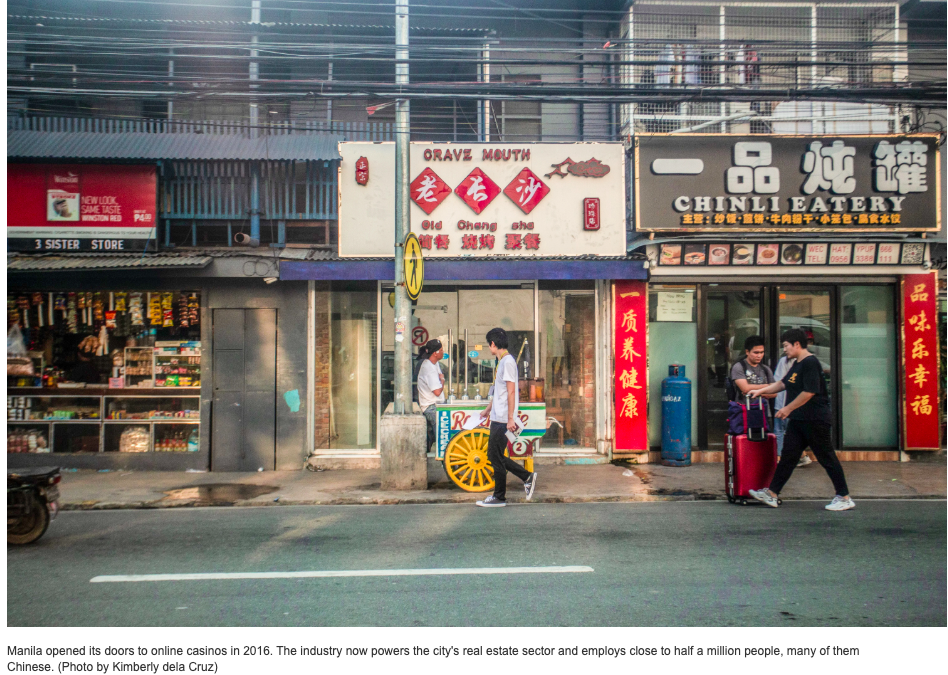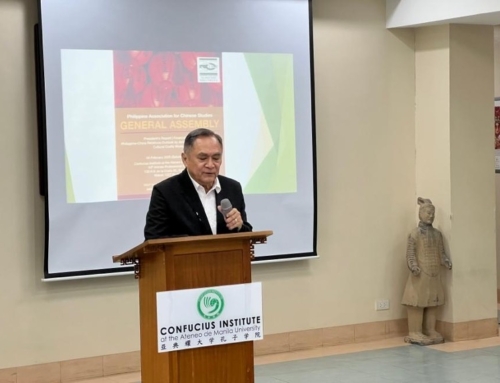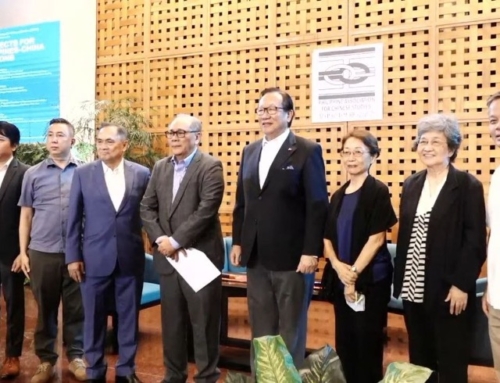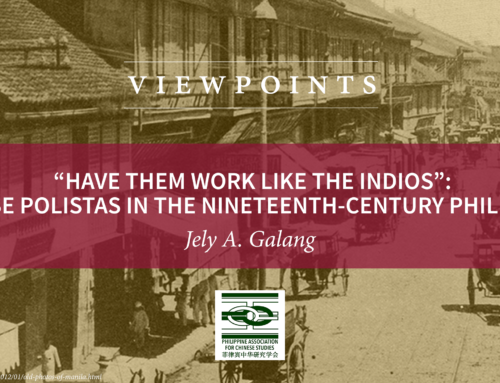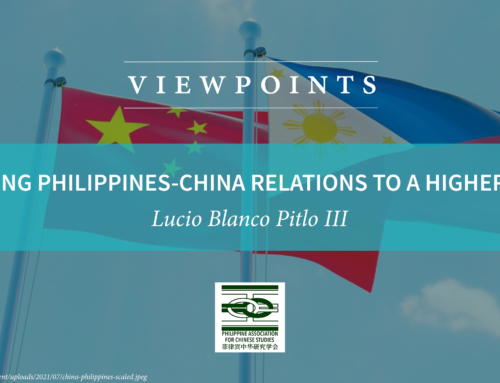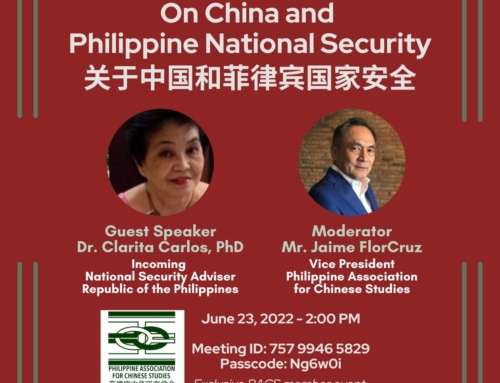MANILA — Business along Quirino Avenue near Manila’s airport had been in a period of long decline, until it began a sudden resurgence over the last year. Restaurants, spas and apartments have opened. Locals were hired as security guards, drivers and housekeepers, all catering to the area’s new clientele: Chinese migrants.
The area’s recovery could have been a perfect case study in how Manila’s diplomatic entente with China could result in tangible benefits for the people of the Philippines. The reality is more complex. The boom has been fueled by money from online gambling, an industry that is loathed by Beijing, straining relations between the two countries. At the same time, the influx of migrants has created pockets of social tension.
“Business used to be dead here, but not anymore,” a firefighter assigned to Quirino told the Nikkei Asian Review on a recent visit. “But many are also annoyed.”
“But they are causing inconvenience. It’s always traffic in the morning and they throw their trashes anywhere,” a woman said, interrupting our interview. “Filipinos can’t even work in online casinos. So why did they come here?”
Three years ago, Manila opened its door to online casinos. Sixty companies secured licenses for Philippine offshore gaming operations, known as “POGO,” many of them launching operations targeting Chinese gamblers.
The industry now employs close to half a million, many of them Chinese, for customer support and marketing, and is driving Manila’s real estate sector, according to Leechiu Property Consultants, a top POGO broker.
Yet China has pressured the Philippines to shut down the industry. Breaking its silence in August, the embassy in Manila delivered a scathing rebuke of the sector in a lengthy statement, in which it accused the industry of fueling a raft of social problems in China, from gambling addiction and telecom fraud to cross-border money laundering. Chinese workers in Manila are also subject to “modern slavery,” the embassy said.
China has also put pressure on other countries, notably Cambodia, where online casinos have been established to service the Chinese market. Cambodia has promised a crackdown, but the Philippine President Rodrigo Duterte has refused to bow, telling media as much days after meeting Chinese President Xi Jinping in late August. “Out of courtesy, I will listen to [Xi],” Duterte said, “But I decide.”
“[The online gaming issue] has negatively affected bilateral relations, but not the extent to damaging the whole relations,” said Rommel Banlaoi, president of Philippine Association for Chinese Studies. Read more…
